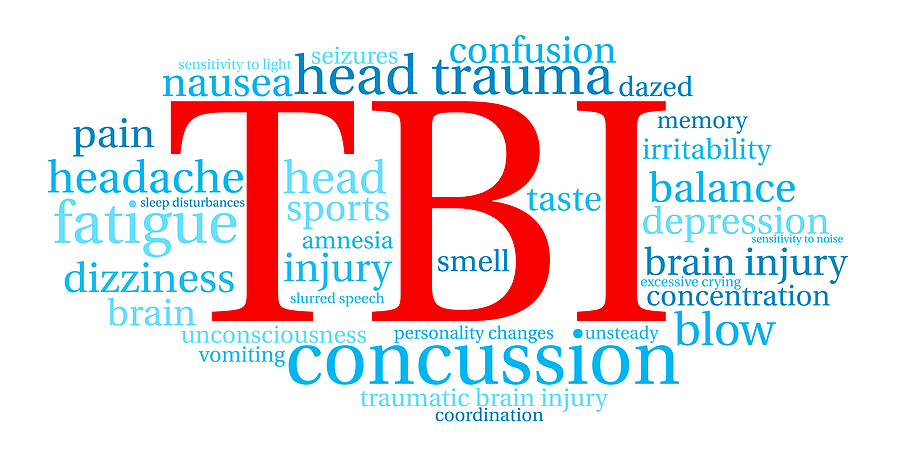Although it might sound like a contradiction to call any form of brain injury minor, there is in fact a spectrum of severity among brain injury sufferers. In fact, many medical professionals refer to a standard scale to gauge the acuteness of a brain injury. If a brain injury results in certain lasting medical conditions, whether short or long term, it might be diagnosed as a minor traumatic brain injury, or MTBI.
If you are a recent victim of a negligent accident that caused you to suffer a minor traumatic brain injury, you need to consult with a legal team right away, well before the statute of limitations runs out on your claim. As a victim of an accident that was not your fault, nonetheless one that resulted in harm to your brain, you are entitled to full and fair compensation for your losses and damages.
Continue reading to learn how to get help with your minor traumatic brain injury, starting with a free consultation with a seasoned accident attorney.

Minor Traumatic Brain Injuries
To be diagnosed with a minor traumatic brain injury MTBI, a brain injury victim must exhibit one or more of the following medical conditions must arise after their accident:
⇛ General Confusion and/or Disorientation
⇛ Amnesia Surrounding the Time of the Accident
⇛ Neurological or Neuropsychological Complications
⇛ Scoring 13 or More on the Glasgow Coma Scale (GCS)
*Glasgow Coma Scale (GCS) – A common scoring system used to define the level of consciousness in a traumatic brain injury patient.
Additional Symptoms of a MTBI:
⇒ Intermittent Dizziness
⇒ Short Term Memory Loss
⇒ Headaches
⇒ Blurred Vision
⇒ Temporary/Partial Blindness
⇒ Poor Concentration
⇒ Agitation/Irritability
⇒ Depression
⇒ Changes in Appetite
⇒ Changes in General Demeanor or Character
Brain Injuries and Newborns
It is possible for infants to suffer traumatic brain injury at birth. Common defects and disorders that arise from birthing injuries include Cerebral Palsy (CP), Erb Palsy (Often misspelled Erb’s), coma, paralysis, and consequent death.
How to Get Started on Your Brain Injury Claim
Regardless of where your minor traumatic brain injury scores, a brain injury is serious, and can have lasting negative effects on a victim’s life, and even their immediate family. And although remuneration can’t entirely dissolve the experience of physically, emotionally, and financially suffering, it can help you and your family get back to a way of life that was as close to the life you had before. Talk to a licensed personal injury lawyer to learn more about making a brain injury claim in Indianapolis, Indiana.
Indianapolis Accident Attorneys Who Will Win Your Brain Injury Claim
Call the Law Office of Craven, Hoover, and Blazek P.C. at 317-881-2700 to make a personal injury or minor traumatic brain injury claim in Indianapolis, Indiana or anywhere throughout the State of Indiana. Our accomplished personal injury attorneys want to see you and your family prevail in and outside of the courtroom. This is why we use every resource in our power to ensure you receive the proper and on-going medical care and attention you need following a traumatic brain injury case, including neuropsychological and psychological testing outside of MRI’s and cat scans. Not only do we offer free initial consultations, we never collect lawyer fees unless we recover a settlement or judgment for you. Get started by scheduling your consultation, today.

